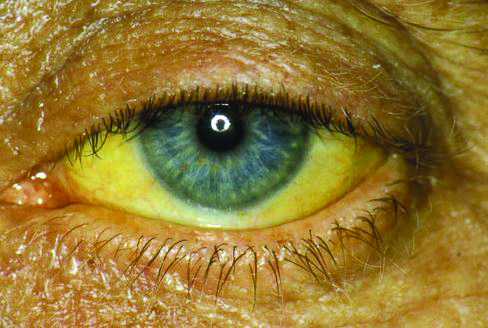Gastroenterologists fear misinformation on hep C drugs may discourage patients from seeking and continuing treatment
The Cochrane Review has come under fire from Australian gastroenterologists for saying the new hepatitis C drugs don’t save lives.
In its new report, authors at the non-profit NGO concluded that they “could neither confirm nor reject that [direct-acting antivirals] had any clinical effects”.
After analysing 138 trials with a total of 25,232 participants, the authors said that the research on hepatitis C medications had a high risk of bias.
“The clinical relevance of the effects of [direct-acting antivirals] on no sustained virological response is questionable, as it is a non-validated surrogate outcome,” the authors wrote.
But the Gastroenterology Society of Australia-Australian Liver Association (GESA-ALA) hit back, concerned that the report would put patients or doctors off the drugs, which have been touted as “miraculous”.
“The Cochrane report is flawed,” GESA-ALA chair Professor Alex Thompson said.
Professor Thompson said the clinical trials were short-term studies designed to demonstrate antiviral efficacy in terms of curing hepatitis C.
“They were never intended to assess mortality, and therefore it is not surprising that a mortality benefit was not identified,” he said.
“As someone who has dedicated my career to treating viral hepatitis, I am worried that misinformation stemming from this report may sway doctors away from prescribing [direct-acting antivirals] and discourage patients from seeking and continuing treatment.”


